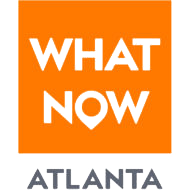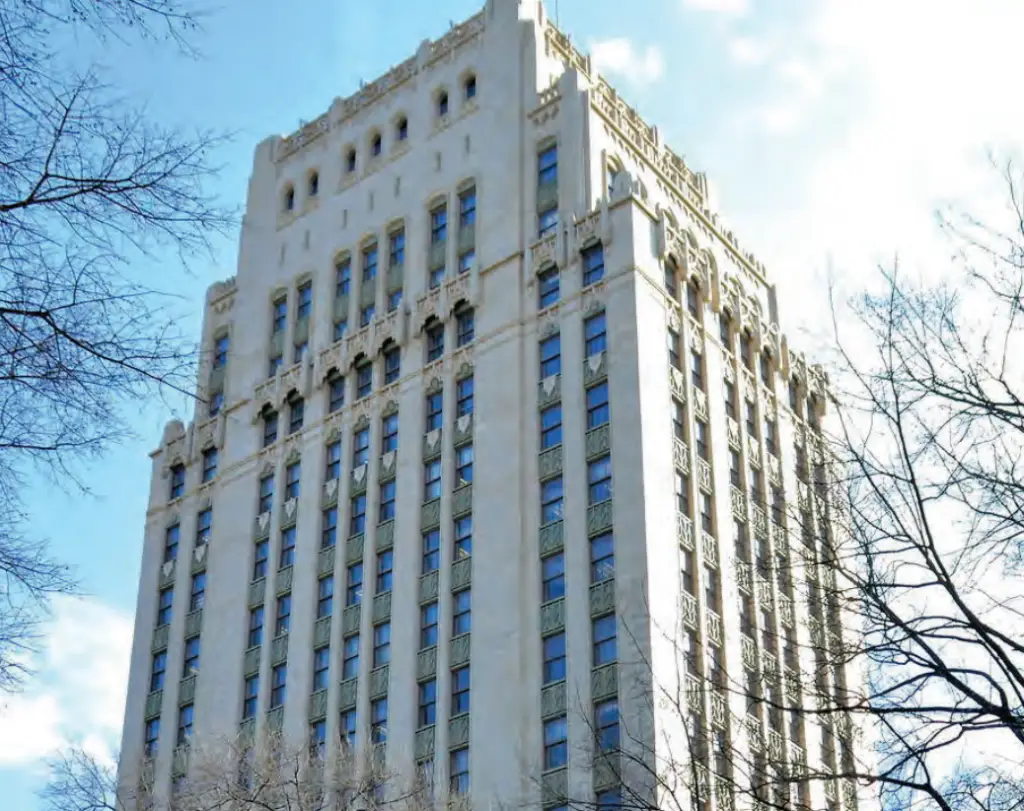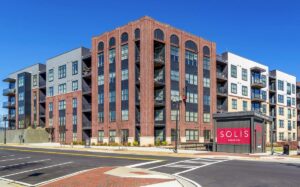While refinancing debt is a common and routine action made by public agencies, adding a provision that requires the repayment of allocated debt in the event an area detaches from the municipality is often a very intentional action. Though it is not indicated by any documents published by the City of Atlanta, a similar provision drafted by City Officials may be a way to make the incorporation of Buckhead City much more difficult.
Sign up now to get our Daily Breaking News Alerts
This past week, the Atlanta City Council approved an ordinance supplementing a bond ordinance approved in October 2021, which provides, among other things, the refinancing of $198,000,000 of debt and the addition of an “extraordinary optional redemption” provision.
According to the ordinance adopted by the Council, the City determined that it is in the best financial interests of the City to provide for a special “extraordinary optional redemption” feature for a portion of the Series 2021C Bonds, exercisable by the City if the General Assembly of the State enacts a Deannexation Act. The ordinance defines the Act as action by the State, allowing residents of any portion of the Atlanta city limits to consider a referendum to de-annex any part of the City and form a new municipality (de-annexed territory).
The new “extraordinary optional redemption” provision includes a requirement that any de-annexed territory will be required to pay its share of the refinanced debt 12 months after de-annexation in one single payment and with interest. Additionally, Atlanta would have the power to appoint a valuation expert to determine the taxable value of the de-annexed territory property in order to satisfy the new territory’s share of the $198,000,000 debt.
As reported last month by What Now Atlanta, a metro Atlanta legislator had pre-filed a bill that could provide an opportunity for the Buckhead neighborhood to be one of Georgia’s largest incorporated areas with nearly 100,000 residents. The bill is a notice of intention for introduction during the 2022 Legislative session, which would allow voters to decide whether or not Buckhead should succeed from the City of Atlanta and become the new municipality of Buckhead City.
The Buckhead City Committee leads the push for the de-annexation of the Buckhead neighborhood. They see a continued trend of neglect towards the area that has caused crime to increase, lack of zoning control, and infrastructure to deteriorate. According to the Buckhead City website, the problems’ solutions include capturing the taxes typically provided to the City of Atlanta and using the revenues to fund an independent City through incorporation. According to a Regional Impact Study prepared by Valdosta State University and embraced by the Buckhead City Committee, a new City should expect annual revenue of approximately $203 million and annual expenses of approximately $90 million, generating a surplus of roughly $113 million.
Based on the new ordinance adopted by the Atlanta City Council, that surplus will be dramatically impacted with the repayment of Buckhead’s share of the refinanced debt if the voters approve the de-annexation. However, as long as the Buckhead neighborhood or any other territory remains in Atlanta, the debt repayment requirement disappears.






One Response
Seems only fair that the debts be split as well given the full city took it on.